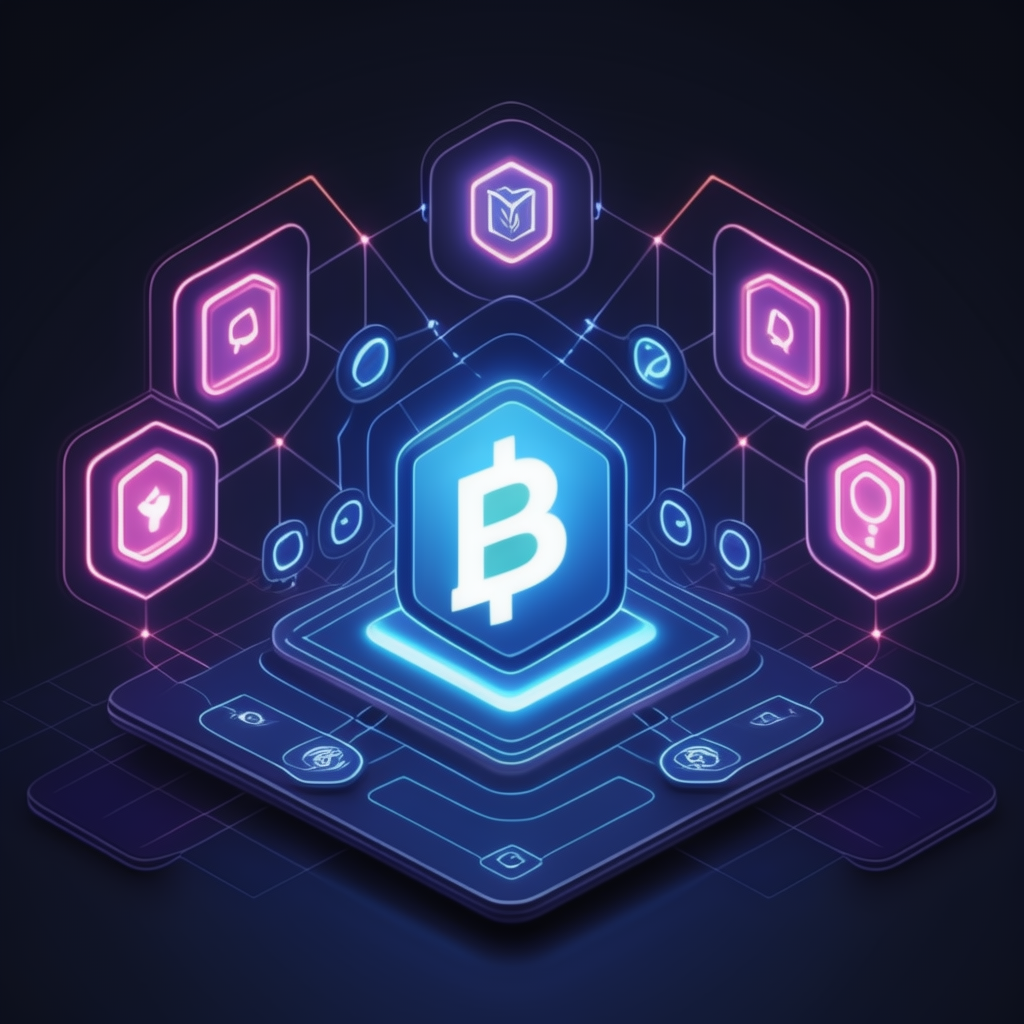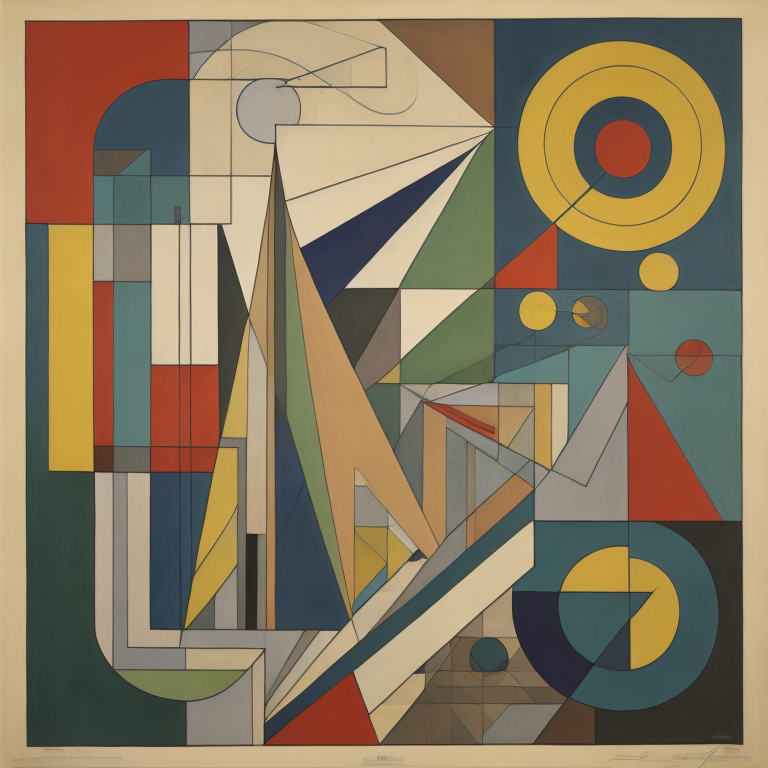Interview: CEO of Route3: Lazar Travica on appchains
"I think that in the future, we'll move mission-critical systems to private blockchains i.e. appchains..."

If you would like to suggest someone for Tela Network to interview, please contact StJohn Piano on Tela:
tela.app/id/stjohn_piano/7c51a6
Join Tela Network and become a consultant:
telablog.com/how-to-use-tela-for-consulting
Lazar Travica is the CEO & Founder at Route3 (www.route3.co), an appchain platform-as-a-service.
In this interview, he provides his thoughts on blockchain technology and the future of appchains.
He was formerly a co-founder and the CTO of Trapesys, the company that developed Polygon Edge, an open-source EVM client.
Lazar comes from Serbia, where he studied Computer Science. He started out as a System Engineer, became an Engineering Lead, joined the Polygon Web3 team, and now runs his own venture - Route3.
Lazar Travica links:
- LinkedIn: linkedin.com/in/lazartravica
- Twitter: twitter.com/lazartravica
- Telegram: telegram.me/lazartravica
- Github: github.com/lazartravica
- Crunchbase: crunchbase.com/person/lazar-travica

Route3
Route3 in a sentence: Route3 makes BFT and rollup appchains easy, regardless of your industry and use-case.
Note: BFT = "Byzantine Fault Tolerance"
Route3 offers these capabilities to its clients:
- EVM compatible blockchain network
- Token API for easy backend integration
- Web3 Hooks as a resilient notification system
- Block Explorer customized for your brand identity
- Dashboard for easy deployment and management of dApps
Route3 links:
- Website: www.route3.co
- LinkedIn: linkedin.com/company/route3
Background: Appchains
Let's take a quick look at what appchains are and why they're useful.
Appchains are app-specific blockchains. They allow a company to decentralize its app internally for security and tokenization while still supporting a normal web2 user experience. Web3-savvy users can transfer their tokens out of the appchain onto the larger global chains.
Example: A popular band offers 5000 concert tickets as NFTs on its own appchain. Most users will be happy to keep their ticket NFT on the appchain and use it to attend the concert, but some may want to transfer it onto a global chain, so that they can try to sell it in a larger market.
For most users, the experience of using an appchain will be the same as the experience of using a normal app. The primary initial advantage of an appchain is that it builds trust with the app’s users and partners - If they want to, they can look at all the value transfers within the internal economy of the app. The app’s value flows are transparent.
Later, new advantages emerge, such as auditability, internal markets, integrations with external markets, and value legitimacy. The organization that runs the app can also rely on the appchain as a protection against internal theft.
An appchain is usually a company-specific EVM (Ethereum Virtual Machine), so existing smart contract code can be directly ported to the appchain.
Interview
Q: What made you choose to study Computer Science ?
I was lucky enough to know what I wanted to do pretty early on - it was something that fascinated me from a young age. I was in the Regional Youth talent organization for Computer Science.
Also: Computer games. Games drive you to try new things. I wrote custom scripts for Warcraft 3 custom maps, and a bot for a Facebook game called Farmville.
Q: What first got you interested in blockchain technology ?
Originally, I was pretty sceptical about it.
From Day 1, it involved "investing" - people on the Internet encouraging you to buy something of uncertain value.
So... I knew about Bitcoin, just in the same way that my grandmother knew about it.
It was a laughing stock - remember the Bitcoin pizza guy ?
The real thing for me came with Ethereum - when I read the ICO landing page.
I was with some friends, they showed me the page, and we sat there looking at it.
A "world computer" - I asked myself: What are the implications ?
The ICO aspect ("buy this token") - this pushed me away.
It all looked like a ponzi scheme.
But then I got involved in a project as an infrastructure consultant...
The project was Lemon Email in 2016.
We basically made an email service on top of Ethereum.
It was slow, expensive, but a cool attempt. It made a lot of us knowledgeable about web3 tech, especially what not to use it for. And it captured my attention.
Feeling the constraints is what helps you learn a technology best...
Q: What do you think now about blockchain technology ?
Hm.
Well, blockchain spans the entirety of computer science (apart from machine-learning).
It widens your outlook - you have to deal with:
- cryptography
- virtual machines
- p2p networking in general
- database engineering
- low-level performance optimisation
If I was a student today, and I wanted to get into e.g. developing database engines, it would be hard to find the right people to talk to, because there's a smaller relative percentage of these people around (as opposed to 30 years ago). Except in blockchain - someone there would know someone to talk to.
I also now think that the financial aspect of web3 is very important. I come from Serbia. We got out of communism, but there was a lot of economic turmoil, and in such times it really helps to have some financial literacy. So: Learning a technical skill that also teaches you about money... this is a real benefit.
Q: What are some example appchains that Route3 has deployed ? What do they do ?
We've worked with two companies:
- A South American neobank
- A company that rewards workers for carbon emission reductions
In both cases, they wanted to build a reward scheme, using web3 so that the reward tokens could be more trackable and tradeable.
Q: What aspects or implications do you see in appchains that you find exciting ?
Well, where this is really going, I think, is "network economies" - An appchain is really an app growing into a network economy.
A network economy is a trade system that runs entirely over a digital network. Every player gains value from participating in the network.
The end goal for Route3 is to enable companies to start their own network economies.
The initial advantage of an appchain (which can be an L2 network) is that it reduces the cost of building trust. It shows that everyone is playing by the same ruleset. It's a little bit like a video game where the in-game gold is a genuine currency.
This goes in directions that are surprising. For example, if you were starting a new currency exchange, you could create your own EVM-compatible fork and deploy Uniswap. You would then structure your entire company system, your app, around this internal blockchain. Among other things, you get instant spam protection (via gas fees) against actors who create infinite exchange orders.
The fintech industry has tried open-banking standards, APIs, compliance. It's really hard to get everyone to synchronize.
But now: Web3 has produced a standard, a lingua franca for transactions - the EVM. You don't need to adopt a particular bank's idiosyncratic way of doing things.
The EVM is battle-tested software. It's been under continuous attack, publicly, for years.
Yes, there have been many hacks. But these hacks were not due to problems in the underlying infrastructure. They were instead made possible by aspects of the novel runtime environment.
Web2 was never exposed to this issue, because web2 infrastructure and data is not publicly accessible. However, the problem here is that for extremely important public-good systems, you actually want public accessibility to the underlying data. Some examples: Passports, public transport, company financial accounts.
I think that in the future, we'll move mission-critical systems to private blockchains i.e. appchains.
On a final note, let me try to define "appchain" more technically. How about this: An appchain is the superset of both decentralised appchains and app-specific rollups.
If you have any questions about Tela Network - please contact StJohn Piano:
tela.app/id/stjohn_piano/7c51a6
Join Tela Network and become a consultant:
telablog.com/how-to-use-tela-for-consulting
Vote for Tela Network on the Network State Dashboard:
telablog.com/vote-for-tela-network-on-the-network-state-dashboard
Follow Tela Network on LinkedIn:
linkedin.com/company/tela-network
Follow Tela Network on Twitter:
twitter.com/tela_updates
Join the Tela Social channel on Telegram to get every new update:
t.me/tela_social
Follow Tela Network on Instagram:
instagram.com/tela_updates
Invest in Tela:
tela.network/invest
Subscribe to the Tela Network Podcast:
youtube.com/@TelaNetworkPodcast


